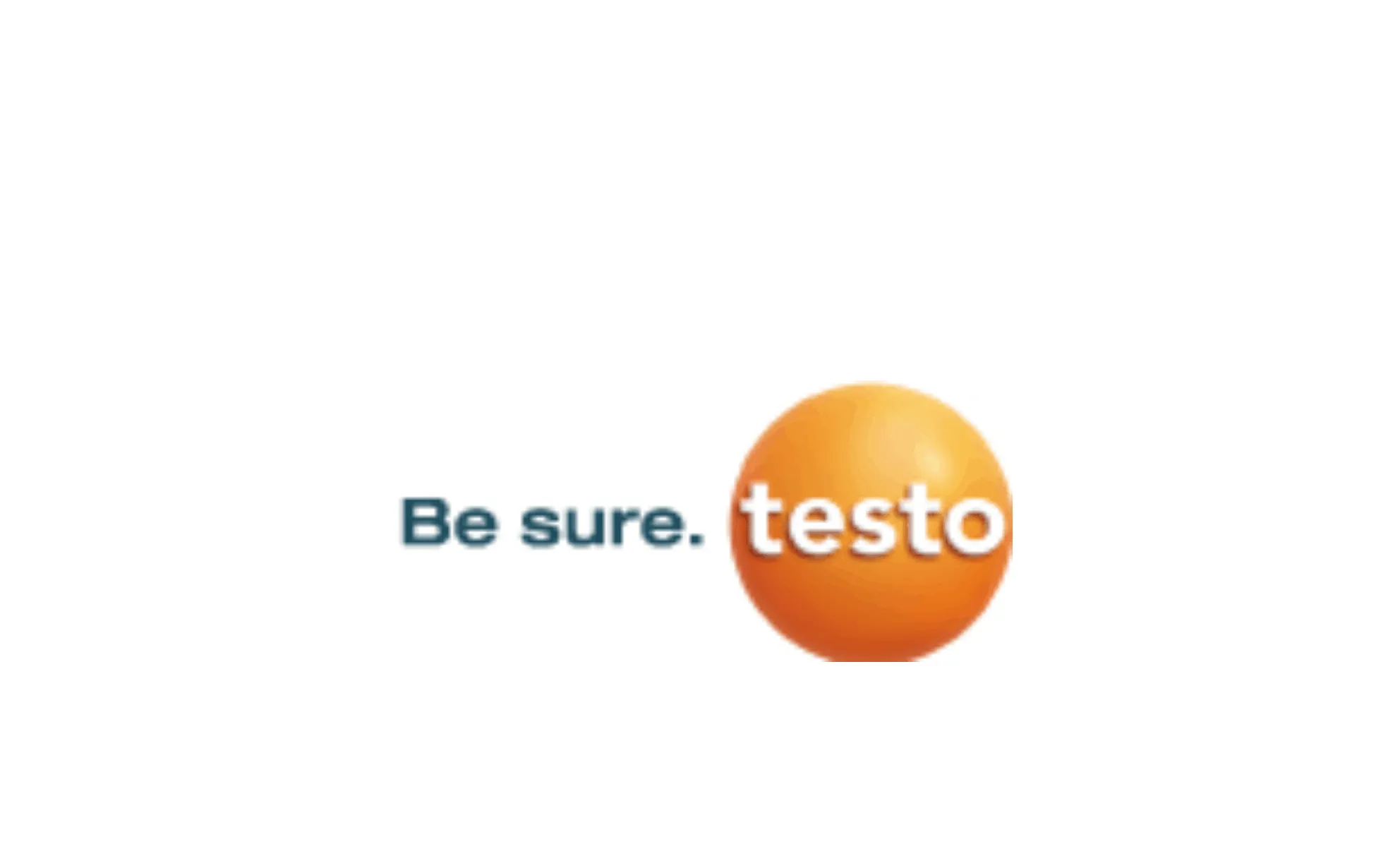1359

More and More EU Countries Require Restaurants to Disclose Meat Origin, Reports Euractiv
Not Yet Generalized
Sweden is the latest EU country to mandate origin labeling for meat in restaurants, as the European Commission suggests a broader EU-wide push in its strategy for the future of agriculture.
European legislation requires labels indicating the country of origin for beef, pork, lamb, goat, and poultry meat when sold commercially. However, there is no EU-wide requirement to display the origin of meat served in restaurants.
A wave of EU countries has already taken independent measures to ensure that the country of origin appears on menus.
In Slovakia, the requirement for restaurants, canteens, bistros, and festival stands to label meat origin has been in place since 2019, covering pork, beef, poultry, lamb, and goat meat. Finland implemented a similar obligation in the same year.
Initially, the measures faced some resistance from restaurants. In Slovakia, the primary concern was the administrative burden of including origin details on menus.
A Compromise Solution
A compromise was reached: the meat's origin does not have to be listed on the menu if it becomes overly burdensome, but restaurants must provide the information on a notice board or upon consumer request. In Finland, restaurants also voiced concerns about increased workload, but not significantly.
The German Poultry Association (ZDG) is urging the next federal government to adopt similar measures. Last month, Estonia published a draft amendment requiring catering establishments to indicate the country of origin for meat, while on the same day, the French government issued a decree making it mandatory to display the origin of all types of meat served in restaurants.
National Products
In France, the measure appears to be popular among both producers and restaurants. "Pork consumption is rising, and people often don’t know where their meat comes from," said Anne Richard, director of the French pork industry association (INAPORC), to Euractiv.
According to a 2024 INAPORC survey, she explained, "80% of French consumers want to know the origin of their meat and care that it comes from France."
Similarly, Yann Nédélec, director of the French poultry sector association (ANVOL), told Euractiv that he is pleased that this obligation will "favor French products."
This could lead to more restaurant visitors opting for locally sourced meat. Alain Fontaine, president of the French Catering Professionals Association, stated that "if consumers have this transparency, they will naturally turn to French products."
Dismissing the idea of potential price increases, he asserted that French restaurant owners purchase meat "that is not more expensive than foreign meat."
Canteens, which aim to keep prices low, "can avoid transportation costs and intermediaries by purchasing local products," he added. However, these associations want origin labeling to go even further.
Richard lamented "that this obligation exists for meat but not for cold cuts," despite their frequent presence in French restaurants and bars.
Nédélec noted that during the 2023 trial period in France, "only 15% (of restaurant owners) applied the law because they were unaware of it."
EU-Wide Harmonization
The Vision for Agriculture states that the Commission will "propose an extension of country-of-origin labeling" for food. However, the issue is less consensual than it may seem.
When Austria and Germany proposed a debate among EU agriculture ministers to extend the labeling obligation, only a dozen countries supported the initiative.
This comes despite eight EU countries—France, Finland, Greece, Italy, Lithuania, Portugal, Romania, and Spain—having previously approved their own national meat origin labeling systems for certain foods.





